Films by Women: Six Movies to Watch from July (2020)

The “52FilmsByWomen” hashtag isn’t a new invention, but in the last few years it’s gained increasingly urgent relevance. Created and disseminated by Women in Film, a nonprofit outlet established to “achieve parity and transform culture,” the tag translates into a simple pledge: Watch one movie directed by a woman each week for an entire year. Most years, completing that pledge would be the least one could do. Today, it’s a means of pushing back against rampant gender bias in the film industry.
To help those interested in putting their viewing habits to good use, Paste is highlighting some of July’s best new movies directed by women to view at home:
Yes, God, Yes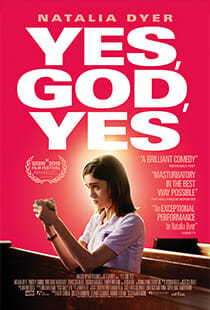 Release Date: July 28, 2020
Release Date: July 28, 2020
Director: Karen Maine
Stars: Natalia Dyer, Timothy Simons, Francesca Reale, Wolfgang Novogratz
Genre: Comedy, Drama
Rating: NR
Runtime: 78 minutes
A Christian’s hypocrisy is accurately measured by their piety: The louder they caterwaul about other people’s sins, the more likely they are to have a closet packed with their own perversions. Karen Maine gets it. Her debut feature, Yes, God, Yes, adapted from her debut short of the same name, is glazed around a big, moist cake of sexual sanctimony. Fart-sniffing Christian holier-than-thou gossipmongers fall on the perceived weakling of their flock, young Alice (Natalia Dyer), accused of tossing salad even though she doesn’t even know what the blue hell that means.
Alice actually is innocent, unlike her peers. Her only wrongdoing isn’t wrong at all: She stumbles onto an AOL chat room, catches a glimpse of some hardcore porn sans context, and then decides to start discovering her own body just before she’s sent off on a retreat run by Father Murphy (Timothy Simons), a man with a necessarily wide smile, stretched so far that his face is primed to split but in danger of collapsing should he stop. Yes, God, Yes stitches Alice’s coming of age to a culture where talking about coming is verboten; Maine looks for humor in her experiential screenplay and finds it, but it’s a bleak kind of humor punctuated by hopelessness. If the authority figures in a society break the rules they set out for everyone else to follow, then navigating that society as a reasonable person is impossible. But Dyer’s spirited work as Alice gives the film a plucky heart. Maybe she can’t affect actual change here, but she can, at least, do right by herself. Dyer’s star has risen in the last half decade or so, and Yes, God, Yes further validates her gifts as an actress. Maine lets the camera linger on Dyer’s face when she’s confronted with obscenity, and Dyer lets her eyes and mouth and cheeks perform hilarious, expressive gymnastics. At the same time, she conveys fear—the fear of realizing that the adults of Alice’s life are all bullshit artists, the fear of having no one to confide in about her natural curiosities and urges—with wounded brilliance. She’s the perfect actress to realize Maine’s deft critique of religious sexual duplicity. —Andy Crump
-

-

-

-

-

-

-

-

-

-

-

-

-

-

-

-

-

-

-

-

-

-

-

-

-

-

-

-

-

-

-

-

-

-

-

-

-

-

-

-

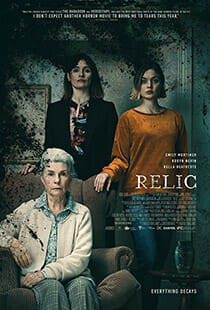 Release Date: July 10, 2020
Release Date: July 10, 2020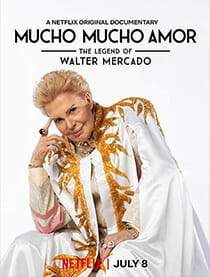 Release Date: July 8, 2020 (Netflix)
Release Date: July 8, 2020 (Netflix)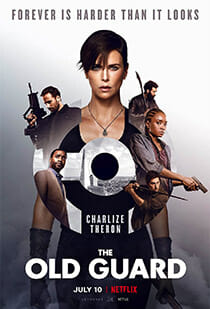 Release Date: July 10, 2020 (Netflix)
Release Date: July 10, 2020 (Netflix)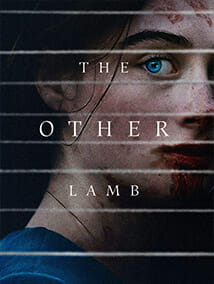 Release Date: July 28, 2020 (Blu-ray)
Release Date: July 28, 2020 (Blu-ray) Release Date: July 31, 2020
Release Date: July 31, 2020






































